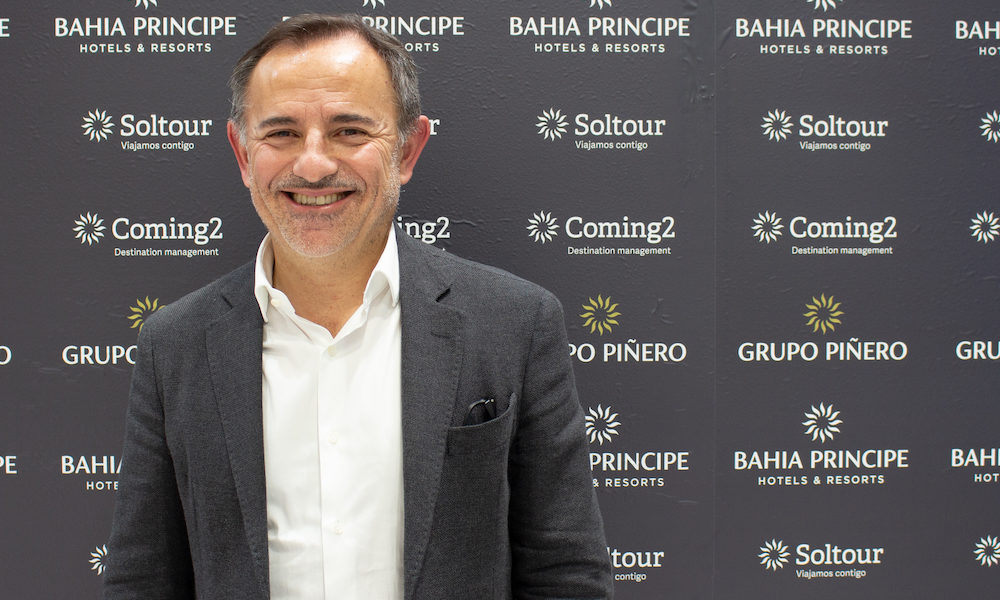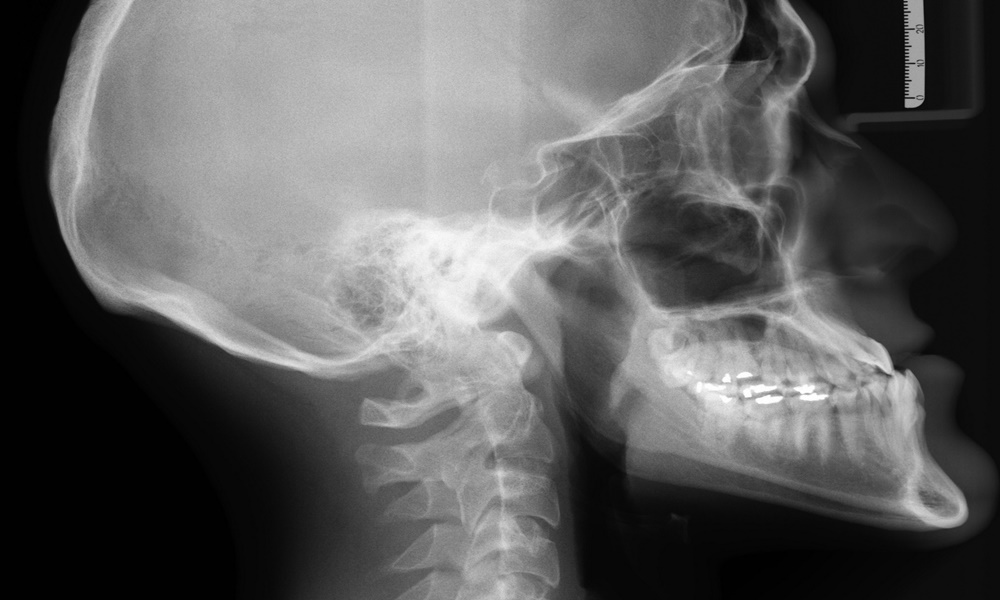
Grupo Piñero is a Spanish tourism company with 14,000 rooms in 27 hotel establishments and a staff of 15,000 professionals. In its digital transformation process, it has relied on Oracle technology to drive intelligent supply chain management (SCM).
The hotel group needed to have an exhaustive control of what entered and left its warehouses in order to gain efficiency and rationalize supply costs.
Traditionally, the company had used isolated billing applications that no longer meet the expectations of a large hotel chain with a very high movement of goods as raw material for restaurants, amenities, bedding, towels, employee uniforms, etc.
To solve the situation, those responsible for the hotel group considered implementing a system that would allow them to manage at the moment the movements of products from their warehouses. In addition, the new tool had to give agility to its purchasing processes – eliminate procedures and signatures -, guarantee the traceability of all processes and contribute to optimizing decision-making. About this digital transformation process and how the company that wants to become a 100% cloud company, we have had the opportunity to speak with Mateo Ramon, corporate IT director at Grupo Piñero.
[MCPRO] You have recently installed Oracle Fusion Applications Cloud Services for the planning, budgeting, supply chain and finance processes in order to know exactly the inputs and outputs of products from the warehouse, what was your situation before this implementation? What were the main drawbacks?
[Mateo Ramón] Within the company, in the hospitality area, we have been digitizing all front end services and everything related to customer contact for years, trying to make all the services that customers consume in hotels increasingly digital. But the big forgotten ones have always been the back office processes. This has been the great project that we have wanted to tackle in recent months.
One of the most important parts of an all-inclusive hotel chain is the supply chain. We are talking about hotels with more than 4,000 rooms to which we must add the employees. These hotels generate huge flows of supplies that must be attended and that depend on different departments.
The registration system we were working with allowed little room for improvement and we were looking for a system that was agile and included pre-supply capabilities. To make a decision, we created a negotiation table to decide which service was best suited to our needs. Once the processes were defined, we opted for Oracle Fusion Applications Cloud Services and created a solution that was implemented by partner Arin.
[MCPRO] We understand that, being an apifiable tool, it allows you to make calls to other modules, which has managed to automate processes.
[Mateo Ramón] Within this project, different processes were specified, such as the prediction of the delivery of goods. For example, we have an app that allows us to perform counts and automations at the same delivery docks.
Thanks to the automation of the entire order part, we eliminate all the paper.
From the moment a request for a resource is made until it is received, this entire process has been simplified by means of an application that works automatically. Only in the first months of its implementation we have stopped printing 45,000 order sheets, which also makes it an environmentally sustainable project.
On the other hand, on the Oracle Fusion Supply Chain platform, we have established our purchasing centers for all the countries in which Bahía Príncipe is located. This has allowed us to centralize product purchases by creating a supplier approval layer, being able to create different levels depending on the relationship they have with us. It also allows us to unify both the demand and the supply that we send to suppliers in one place, thus improving the prices at which we buy supplies. Now we are more efficient in saving resources, economically and in automation.
[MCPRO] You have commented that this platform has pre-supply capabilities, what does this function consist of? Does it rely on some kind of AI?
[Mateo Ramón] We have some supply agreements agreed with several companies, these agreements usually have a certain duration, if we combine all this with the current occupancy of each hotel, with the expiration dates of each product, with the historical consumption of products and the rest of variables, an artificial intelligence algorithm is created capable of automatically assembling orders for each date and hotel.
[MCPRO] How long did it take to implement this solution? How much time did you have to invest in “learning” this solution?
[Mateo Ramón] About a year and a half. It is not just about deploying the solution, it is necessary to perform several parallel processes to launch a solution like this, such as debugging references. In this case, for example, we eliminate 60% of duplicate references.
We have already carried out the deployment in the Dominican Republic, then we will do it in Mexico and finally in the Canary Islands.
[MCPRO] What advantages does Oracle Cloud Fusion offer over other alternatives?
[Mateo Ramón] Mainly the APIs. When you work with a solution that doesn’t have the ability to stack in order to simplify processes, in the end you have to twist that tool to make it work the way you want.
There are Supply Chain solutions designed for the industrial sector, but hotel chains work in a different way, they have a special function. Although there are market tools that what they offer you is a cape for the hospitality industry, they did not meet all the requirements that we asked for. Oracle Fusion Application Cloud Services, although it did not have a special layer, it did allow us to adapt to the point that we needed.
[MCPRO] What other notable projects have you started in IT in the last few months?
[Mateo Ramón] The most important that we are carrying out is to become a 100% cloud company. We come from the year 91 with
an IT On Premise with two data centers in High Availability, in Tecnoalcalá and then we have another Data Center in our headquarters. These two data centers serve all the countries in which we are located.
But ours is a highly variable business and during the pandemic it is becoming even more so. In fact, we agreed that when we were analyzing this project we entered the pandemic, and we saw how the variability affected us even more. We then began to address the migration of 100% of the resources to the cloud. We were already in the cloud in several solutions such as supply chain applications but we had other products.
Now we can say that we have migrated 100% of the infrastructures, everything that is Oracle databases are already migrated in the Amsterdam and Frankfurt data centers. It is a project with which we will be able to amortize the investment during the same year one of deployment, based on the cost savings produced by the migration to the cloud. It puts us in a good position to adopt new technologies. You no longer have to always return to the silo of what you have On Premise or what you have licensed, but since everything is in the cloud you can adopt the technologies that best adapt to what the business requires at all times.




